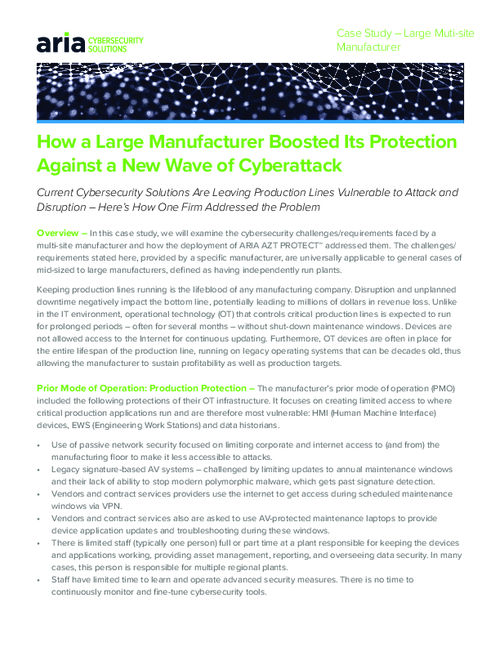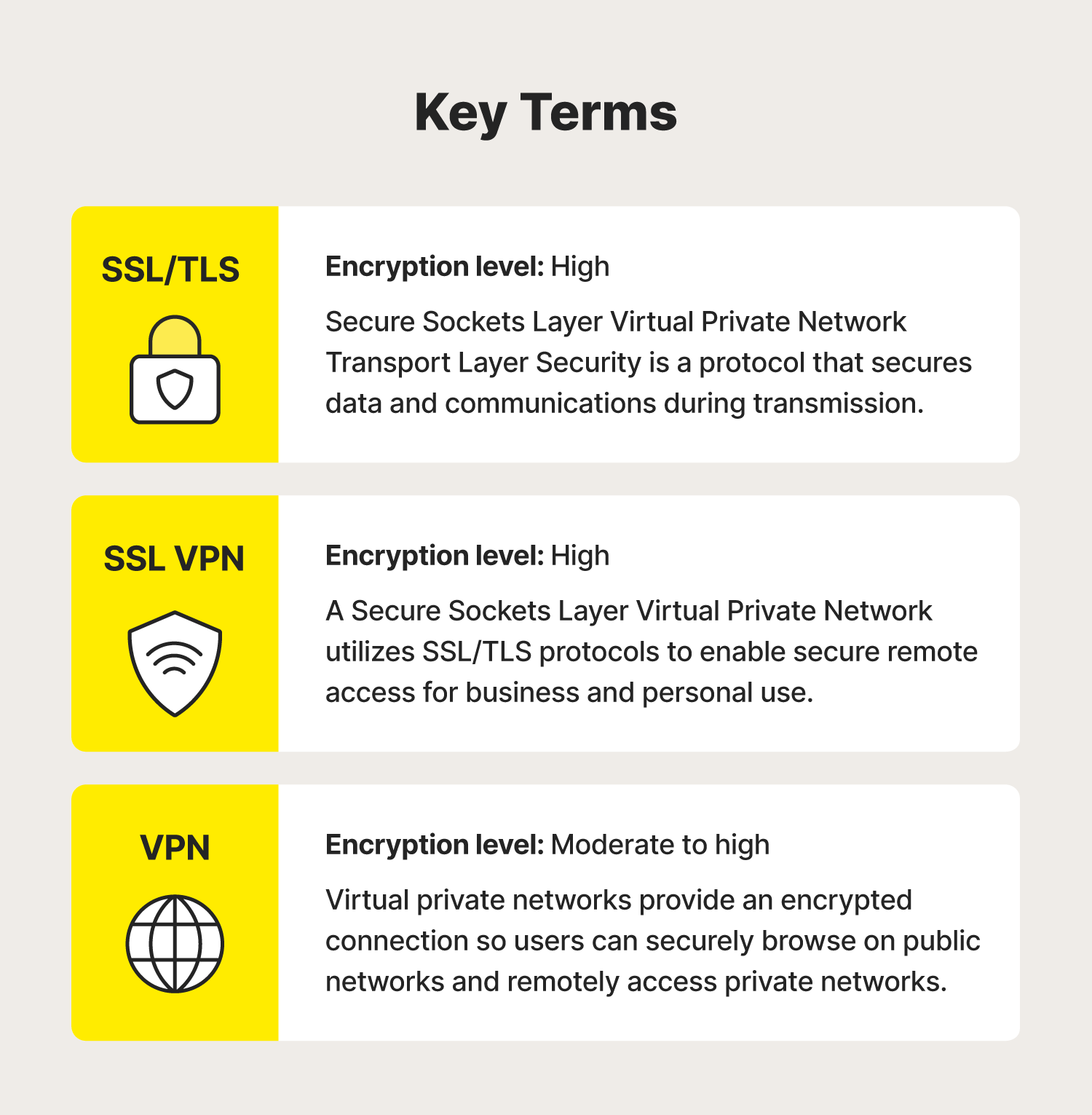In our digital world, we often hear about VPNs and SSL. But what do these terms mean? How do they work together? This article will help you understand if a VPN can protect against SSL issues.
What is a VPN?
A VPN, or Virtual Private Network, creates a secure connection. It connects your device to the internet through a private server. This keeps your online activities safe from prying eyes.
What is SSL?
SSL stands for Secure Socket Layer. It is a technology that protects data sent between your computer and a website. SSL makes sure that your information remains private. You can tell if a website uses SSL if the URL starts with “https://”.
How Does SSL Work?
SSL uses encryption to keep data safe. It changes your information into a code. Only the right server can read this code. This means hackers cannot steal your data easily.

What Are SSL Issues?
SSL issues can happen for many reasons. Here are some common problems:
- Expired SSL certificate
- Incorrect SSL installation
- Untrusted SSL certificate
When these issues occur, you may see a warning in your browser. This warning tells you that the website is not secure. It is important to pay attention to these warnings.
Can a VPN Fix SSL Issues?
A VPN cannot fix SSL issues directly. However, it can help in some ways. Let’s look at how a VPN can help with SSL issues.
1. Hiding Your Ip Address
A VPN hides your IP address. This makes your online activities hard to trace. If you face SSL issues, your real location is protected. This is useful if you want to access blocked websites.
2. Bypassing Restrictions
Some websites block users based on location. A VPN can help you bypass these restrictions. You can access more websites. However, it does not fix SSL problems on those sites.
3. Securing Your Connection
A VPN encrypts your internet connection. This adds an extra layer of security. Even if you face SSL issues, your data is still safe. But, remember, it does not fix the SSL issues themselves.
Why You Should Still Check SSL Certificates
Even if you use a VPN, you should check SSL certificates. Here are some reasons why:
- SSL certificates protect your data.
- They ensure that the website is trustworthy.
- Ignoring SSL issues can lead to data theft.
Always look for the “https://” in the URL. This means the website has SSL protection. If you see a warning, be careful.

What to Do If You Face SSL Issues
If you encounter SSL issues, here are some steps to take:
- Check the URL for “https://”.
- Look for a padlock icon in the address bar.
- Refresh the page to see if the issue goes away.
- Try a different browser.
- If the problem continues, avoid the website.
Other Ways to Stay Safe Online
Using a VPN is a great step. However, you can do more to stay safe online:
- Keep your software updated.
- Use strong passwords.
- Be cautious of public Wi-Fi.
- Use antivirus software.
Frequently Asked Questions
Does A Vpn Fix Ssl Certificate Errors?
A VPN does not directly fix SSL certificate errors. It helps improve security and privacy online.
Can A Vpn Help With Ssl Connection Issues?
A VPN may help bypass some connection issues, but it won’t fix SSL errors.
What Are Ssl Issues In Internet Security?
SSL issues occur when a website’s security certificate is not valid or trusted.
How Does A Vpn Enhance Online Security?
A VPN encrypts your internet traffic, making it harder for hackers to access your data.
Conclusion
In summary, a VPN offers many benefits. It hides your IP address and secures your connection. But it does not directly fix SSL issues. Always check for SSL certificates before sharing information. Stay safe and aware online. Protecting your data is important.
Thank you for reading this article. We hope you now understand how VPNs and SSL work together. Remember, knowledge is power. Stay informed and protect yourself online.
